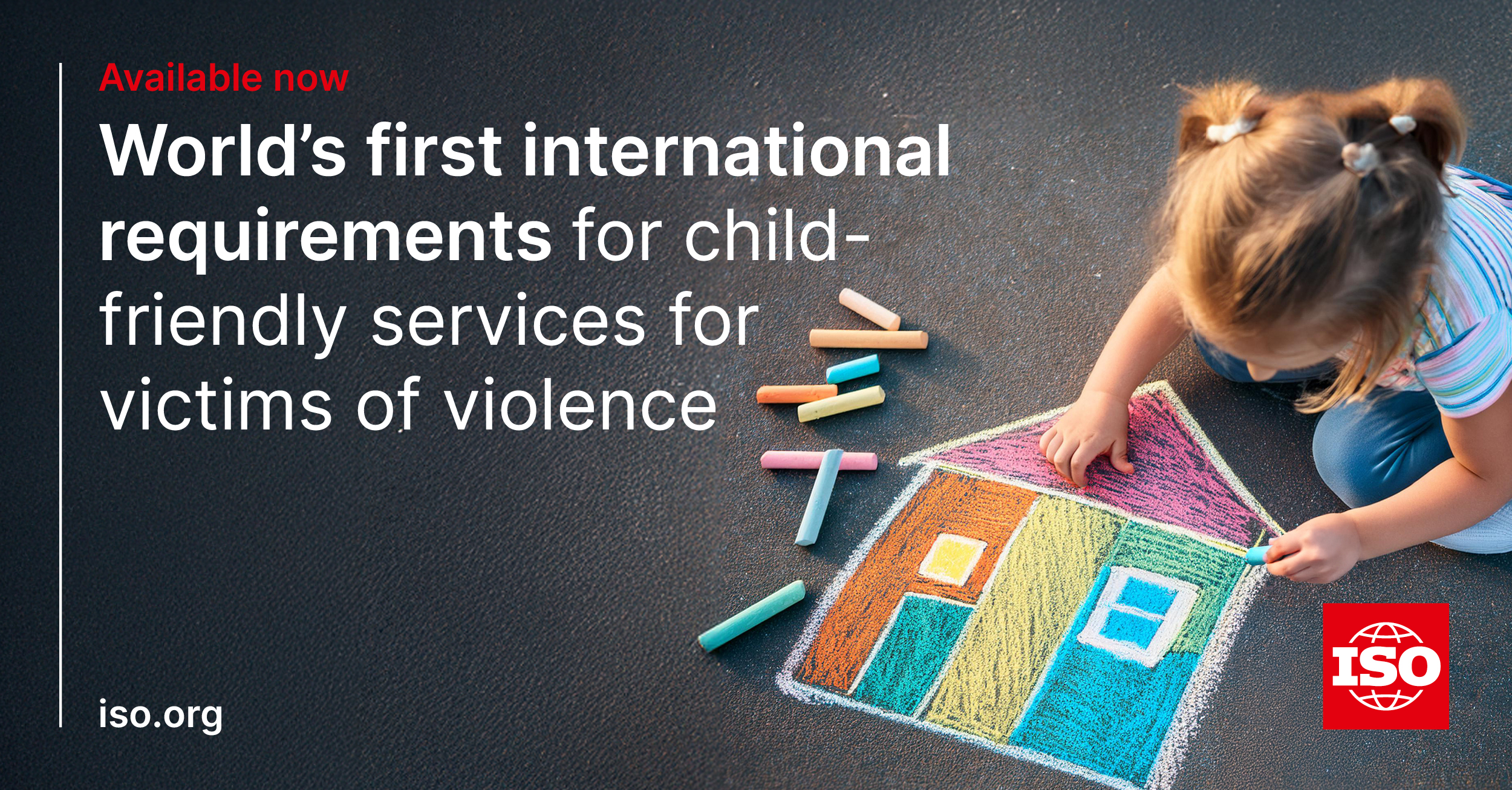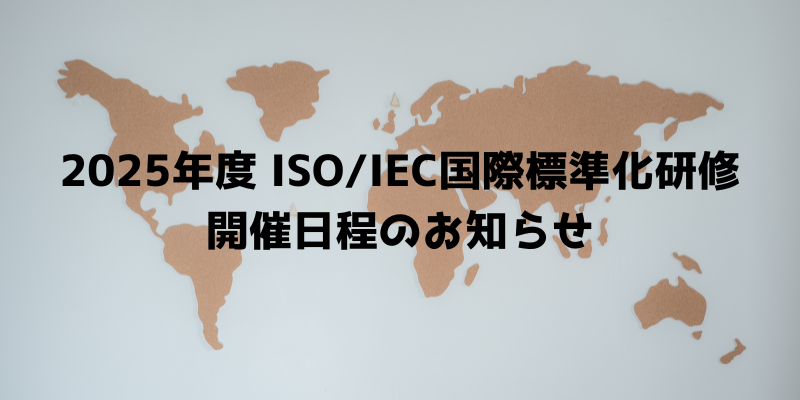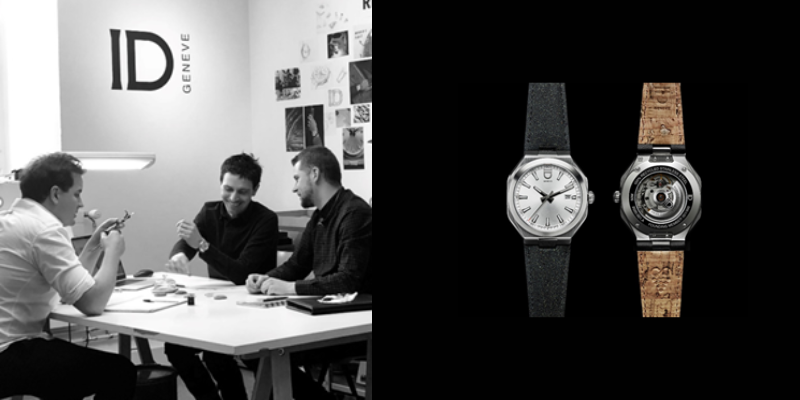
Revolution in the Swiss watch industry, circular watchmaking
2024/06/18
Interview with Nicolas Freudiger, CEO, ID Genève
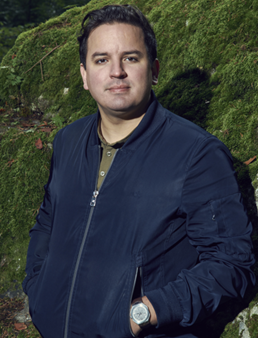
ID Genève is a watch manufacturer based in Geneva, Switzerland, founded in 2020. The company practices circular watchmaking under the concept of "creating products that reflect the values and principles of those concerned about climate change and its impact on the social environment". In the same year, the company won the Circular Economy Award 2020 in the consumer goods category, which recognizes start-ups that support Switzerland's transition to a circular economy.
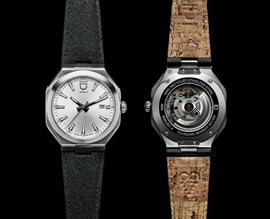
ID Genève uses 100% recycled steel, which is collected from waste, sorted, cleaned and recast in collaboration with local recycling companies. In order to minimize the carbon footprint of transport, the waste collected is limited to companies based in the Swiss Jura, and studies have shown that the carbon footprint associated with this recycled steel is one tenth that of conventional steel.
The belts also use textiles made from green waste, such as grape waste and rotting leaves, to minimize the use of raw materials throughout the product's production process, in collaboration with a start-up in northern Italy that came up with the idea and a research institute in London that developed a textile made from green waste.
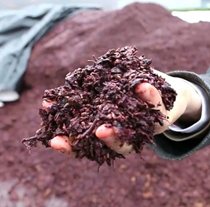
Nicolas Freudiger, CEO said: "Some buyers of some brands think that instead of having their watch repaired, they can just buy a new one. But we just want to go back to the old days, where people would repair their watches and keep using them without having to buy new ones."
ID Genève distributes "Circular Coins", a virtual currency that can be used on its platform, to buyers. They can then use them to repair or exchange their watches. The system is designed to encourage people to keep using the product by updating parts without having to buy a new product.
We spoke to Mr Freudiger.
A new definition of luxury that does not fit the traditional definition
Firstly, I believe that a product like a watch is an object that lasts for a long time. You wouldn't throw a Patek Philippe watch in the bin, would you? I am sure that your watch will not be thrown away either, but will be passed on to the next new generation. What we have decided to offer is something completely different, a new 'luxury' that does not fit into the traditional definition of 'luxury'. For me, this meant, firstly, minimizing the environmental impact and, secondly, setting an good example.'
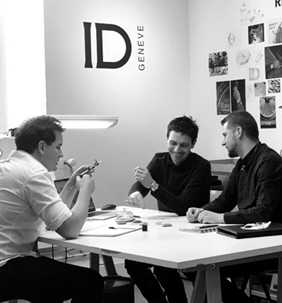
Mapping the ecosystem and identifying circular opportunities
As typified by the term "conscious buying", various reports now point out that consumers look at various aspects when making a purchase. The most important aspects are "transparency", "traceability" and, of course, "sustainability".
Our idea started with mapping the watchmaking ecosystem and identifying opportunities for circularity, and then asking ourselves "where", "which suppliers should we work with", "what recycled materials should we use", "how should we work together", "how can we maximise circularity", "what are the best ways to improve circularity", etc.? to maximise circularity. The project was carried out in the Jura region, 200 km away from the city center of Geneva. This has led to the collection of steel from companies in the Jura and cooperation with recycling companies. The aim is to minimize greenhouse gas emissions from transport and ensure traceability.
As a Swiss, I want to start a new revolution here in Geneva, which is reflected in our company name "ID Genève ". I believe that in the future we will be part of a new wave of consumption (of the circularity of watchmaking).
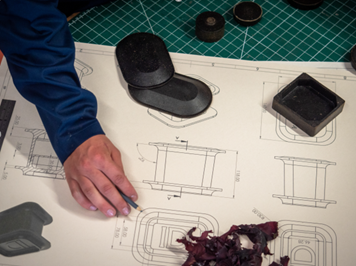
We do not use mined metals, mined gold or mined diamonds, we only use alternatives. We call this iron recovered from waste (recycled steel) the "new gold" of Switzerland.
For example, if you sell a piece of jewellery for 25 million dollars, like a necklace, people will say, "OK", but I don't agree. I disagree because the mining of diamonds would produce a very large amount of carbon dioxide from air pollution. Again, “luxury” for me is different than it has always been. The transition to a circular society will take time, but we are here to accelerate it.
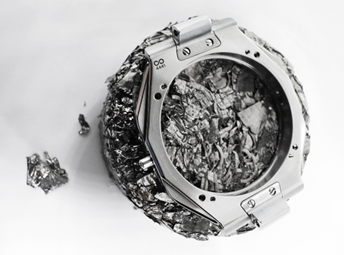
We hope that more companies will compete in this space in the future.
We outsource many of our manufacturing operations. We ensure that our suppliers comply with various ISO standards and we recognise that standards play a very important role in our business. We are also working towards certification ourselves, such as B Corp. But in terms of the future, we want to go beyond the baseline set by the certification.
We hope to see more competitors in this “sustainable space” that we are working on now. We know there is currently one watchmaker in Basel and one in France in this area, but there is still no competition. We believe that more companies competing will accelerate the 'revolutionary transition' in the industry that I mentioned earlier.
We are already one step ahead in this area and believe that we can lead a new wave in the industry, other companies will respond to this wave and try to create sustainable collections. That's good for us, and we believe it will open up more opportunities to achieve a circular economy within the industry.
[Interviewer: Tomoyuki Endo, Geneva Office]
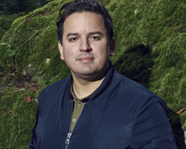
CEO and Founder, ID Genève Watches
After graduating from Lausanne Hotel School, he worked in sales and as a digital and e-commerce manager at the Coca-Cola Company before founding ID Genève Watches in 2020 with his childhood friend, Cédric Mulhauser (COO).

